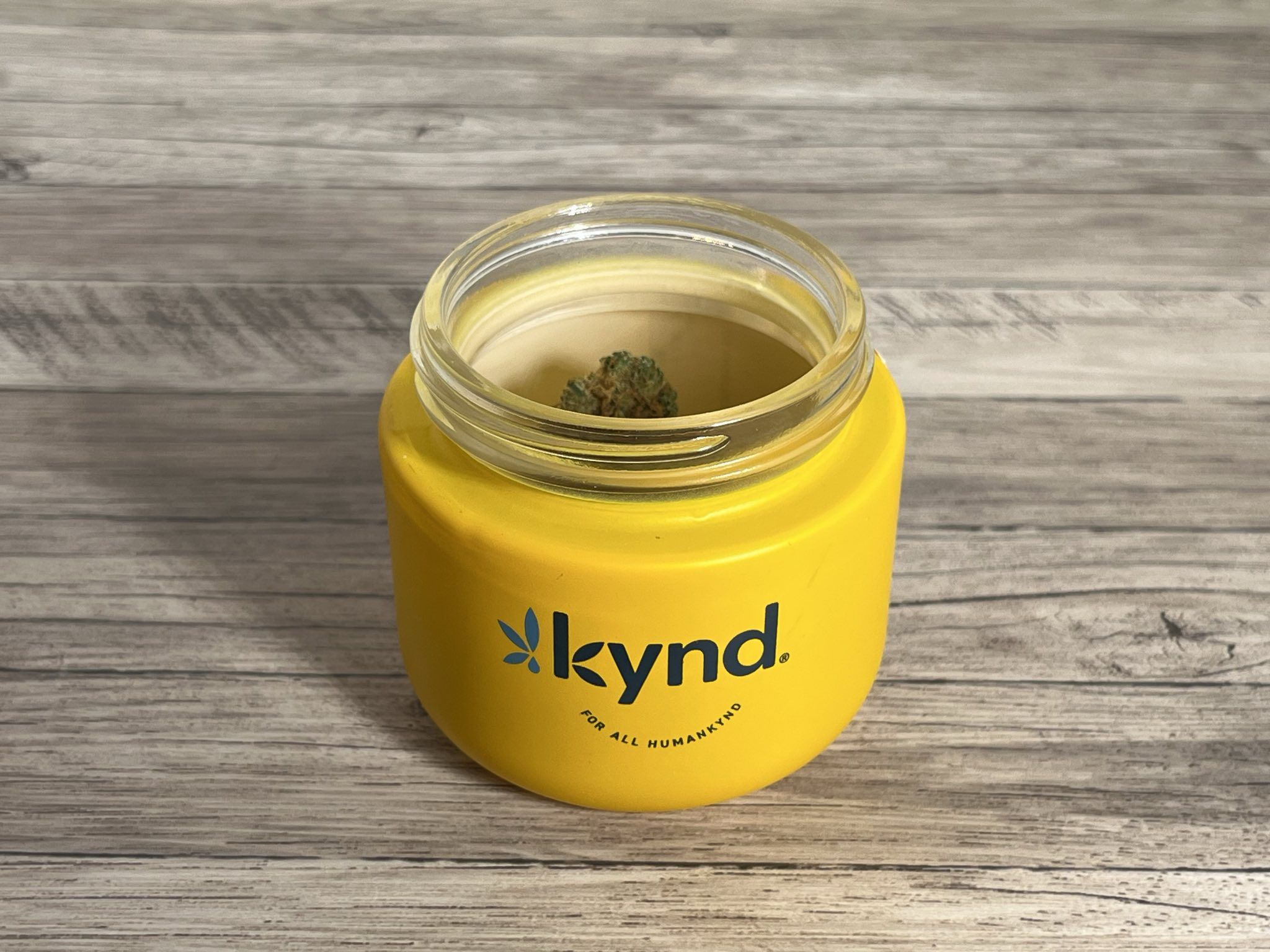As the 2024 election approaches, Florida voters will have the chance to decide on Amendment 3, a proposed constitutional amendment that would legalize the recreational use of cannabis for adults aged 21 and older. This amendment has sparked significant debate, with supporters highlighting its potential for economic benefits and social justice reform, while opponents raise concerns about public health and safety. Below, we’ll dive into the pros and cons of Amendment 3, its potential to pass, and when it would take effect if approved.
What is Amendment 3?
Amendment 3 is a proposed measure that would legalize adult-use cannabis in Florida. Currently, cannabis is only legal for medical use in the state. If passed, Amendment 3 would allow adults to possess, purchase, and use cannabis for recreational purposes. The measure would also create a regulatory framework for licensed cannabis businesses to operate legally in the state, similar to the systems in place in states like California and Colorado.
Pros of Amendment 3
- Economic Growth: One of the primary arguments in favor of Amendment 3 is the potential for economic benefits. Legalizing recreational cannabis would create new opportunities for businesses, generate tax revenue, and foster job growth. States that have legalized recreational cannabis, such as Colorado and California, have seen significant revenue increases from cannabis sales taxes. In Florida, it is estimated that recreational cannabis could generate millions in annual tax revenue, which could be used to fund public programs such as education and healthcare.
- Social Justice: Legalizing cannabis could address issues of social justice by reducing arrests and incarcerations for minor cannabis offenses. According to the ACLU, cannabis arrests disproportionately affect people of color, even though usage rates are similar across racial groups. Amendment 3 includes provisions for expunging non-violent cannabis convictions, offering relief to those with previous charges related to cannabis possession.
- Public Support: Polls suggest that 68% of Americans now support the legalization of recreational cannabis. In Florida, support for legal cannabis has been rising steadily, with recent surveys indicating that a majority of voters are likely to back Amendment 3.
Cons of Amendment 3
- Public Health Concerns: Opponents argue that legalizing recreational cannabis could lead to an increase in public health issues, particularly among adolescents. Critics cite concerns over cannabis’ potential to impair cognitive development in younger users, as well as its association with an increase in driving under the influence incidents in states where it is legal.
- Regulation and Enforcement: Some argue that Florida is not ready to implement the infrastructure needed to regulate recreational cannabis. There are concerns about how law enforcement would manage impaired driving and how municipalities would handle zoning for cannabis dispensaries.
Chances of Passage
As of 2024, Amendment 3 has garnered considerable support from pro-cannabis advocates, medical marijuana patients, and younger voters. The Florida Supreme Court cleared the amendment for the ballot, and polling data suggests a close race, with many predicting it could pass if turnout is high. However, opposition from conservative groups and state leadership could still sway the vote.
When Would It Take Effect?
If passed, Amendment 3 would take effect in July 2025, giving the state time to establish the necessary regulations and licensing frameworks for cannabis businesses. This period would allow for setting up rules on possession limits, sales taxes, and how municipalities can regulate local dispensaries.
Waiting On The Vote
Amendment 3 offers both opportunities and challenges for Florida. While it could bring substantial economic benefits and address social justice issues, concerns about public health and the state’s regulatory capacity remain. As the November 2024 election approaches, voters will weigh these pros and cons to determine whether Florida joins the growing number of states that have legalized recreational cannabis.

